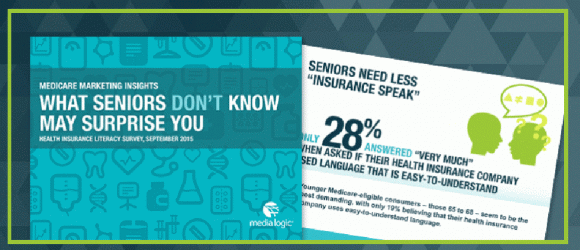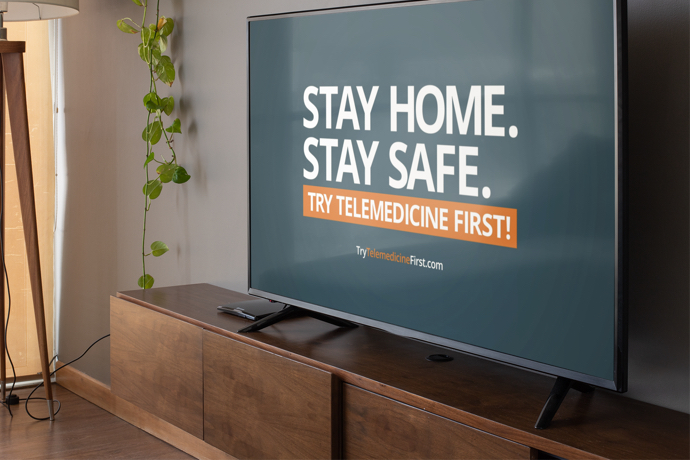Health Literacy: Insurers Must Do More to Educate Members

Via a recent survey of men and women aged 65 and older, Media Logic learned that only 21% of seniors feel they “completely” understand their health insurance. Even though they can define some common industry terms like “monthly premium” and “out-of-pocket maximum,” a third could not apply the terms to practical situations like factoring deductibles into payments. The results? Many seniors aren’t sure what healthcare expenses they’re responsible for paying, and only 24% give their insurers a high score for helping them understand how to use their benefits.
And as reported this month by Health Affairs Blog, seniors are not alone. For example, Health Affairs states here that “consumers do not understand health insurance. Only about half of those surveyed could correctly figure out what they would need to pay in out-of-pocket cost for a hospital stay when given the deductible and the co-pay.” The article’s authors conclude, “Insurance literacy goes beyond enrollment. . . . We believe knowing how to use health insurance effectively is key to getting the right care at the right time in the right place.” (We’d add, “and at a price that’s as affordable as it can be.”)
Very simply: consumers need more help not only choosing the right coverage during the shopping phase but also developing a more thorough understanding of utilization. They need to know, in specific terms, how their coverage works: Where do they go? Who do they see? How often? How does the deductible work? When are co-pays and other out-of-pocket expenses in play?
Members will seek medical care (and return to health… or stay healthy in the first place) only if they know to do so. And as every insurer knows, there’s more to that equation than cost savings: seamless utilization of health plan benefits saves consumer frustration, as well. And positive customer experiences boost a brand’s retention numbers and makes member recruitment quite a bit easier.
It’s clear, then, from many perspectives, investment in member and prospect health literacy goes a long way. While it’s important that navigators, customer service representatives and providers are all knowledgeable about how insurance works, we recommend taking health insurance education straight to the consumer.
Insurers who bolster their educational materials in all media (print, web, mobile, video, etc.) and make health insurance literacy a priority throughout the customer relationship are likely to see a number of benefits, including improved member health, cost savings and a better customer experience (brand perception).









